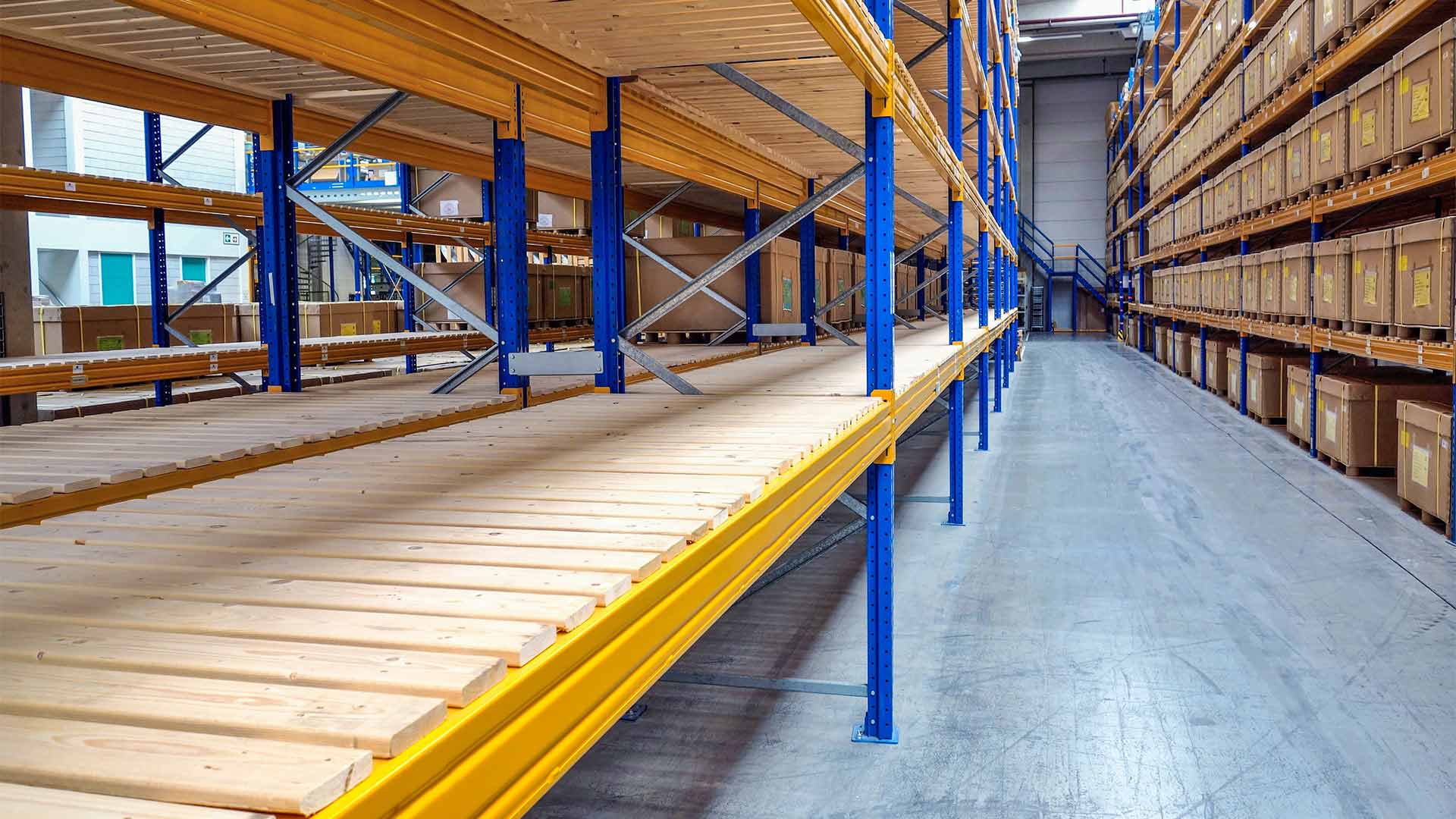As the global economy begins its post-pandemic recovery, pressure on supply chains everywhere is at an unprecedented level. Treasury Today speaks to treasurers at UK food and drink businesses on what’s behind this and what it means for their industry.

The food and drink sectors are among those feeling the supply chain pain most acutely. Peter Towner, Corporate Finance Director at 2 Sisters Food Group, one of the largest food manufacturers in the UK, told Treasury Today that the supply chain issues facing the sector are complex and challenging, particularly around the availability of labour.
“Labour shortages, including the highly publicised HGV lorry driver shortage, as well as gas shortages, have affected our business. As predominately a poultry business both across the UK and Europe, our exposure to manual labour in the UK is much higher than other sectors. The labour issue has been driven by Brexit and indirectly by COVID. A large proportion of factory operatives are foreign nationals, and many returned to their home countries to be with their families throughout COVID,” he said.
Since then, unless these employees had EU settled status and their job was listed as “skilled” labour by the government they have not been able to return to the UK. “Factory operatives are classed as unskilled labour although many perform important roles such as butchers which are fundamental to the meat processing industry. This labour shortage is seen across our supply chain – farm staff, drivers and in the factories.”
Towner believes that the recent visa concession by the government is a step in the right direction, but it is too early to know if it will improve the situation. “Wage inflation and the associated costs will continue to squeeze margins. Right now it is labour availability which is leading to service issues and some of the press coverage you see around shortages on supermarket shelves.”
The crisis is calling for treasury support, ensuring companies can manage their way through both the pandemic and now supply chain challenges. Treasury function at 2 Sisters has become ever more important over the last two years, says Towner. “Cash flow forecasting is talked about a lot, but it means understanding the inputs on a granular level so risks and opportunities can be tracked. Technology continues to play an important part. We are implementing a forecasting and working capital analytics tool which will make our processes extremely efficient, remove manual error and provide timely actionable insights which will benefit the cash generation of the Group.”
He added that communication and stakeholder management is also key – even more so during a supply chain crisis. “Treasury and its role as strategic finance lead requires building relationships at all levels of the business from accounts payable through to the company CEO. The ability to present complex and big data in a simple manner to drive action has been one of our biggest achievements. Without this, I have no doubt that things would have been different.”
Keith McAvoy, CEO of Seven Brothers, a brewery business based in Salford, England, told Treasury Today that unhindered supply chains are crucial for his business. “The odd supply chain issue here and there is normal, but when the problem becomes a recurring one, that’s when cash flow, the lifeblood of any business, is affected and the real problems can begin.”
He added that driver problems, Co2 supply, fuel supply problems, all on the back of “the worst disaster in a century”, have created the perfect storm for the business. “Faced with having to begin paying back CBILS and settling tax bills, many businesses, including ours, have a mountain to climb. As our cash flow becomes an issue, the need for short-term funding becomes ever more important, but with high street banks even less willing to assist post-pandemic, the problem can seem insurmountable.”
For some treasurers, today’s crisis has its roots in the enduring search for efficiency and cost cutting. Looking beyond the crisis, Ben Walters, Deputy Group Treasurer at Compass Group, reflected on its broader implications both for business and society. “The business world seems hell-bent sometimes on driving what is called “efficiency”. That usually means the lowest possible cost. But this drive for efficiency can have some very sharp consequences, and the closer you walk to the edge the smaller the nudge needed to tip you over it. We need to step back sometimes and look at the bigger picture. We’ve seen an example of this play out over the last week rather spectacularly. Will we learn our lesson? I doubt it.”